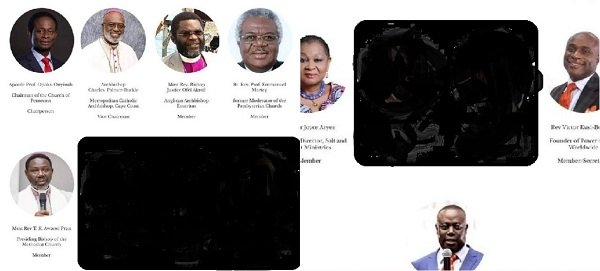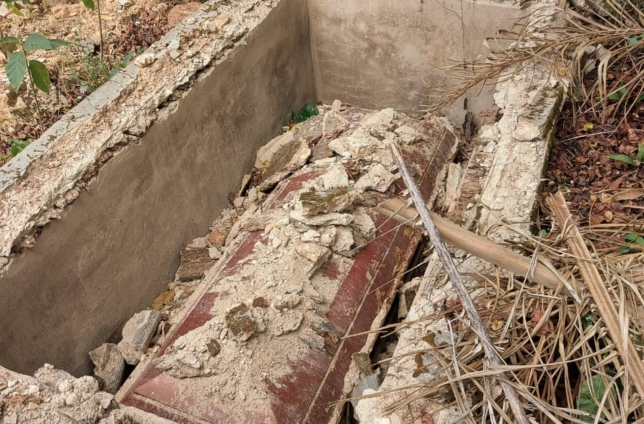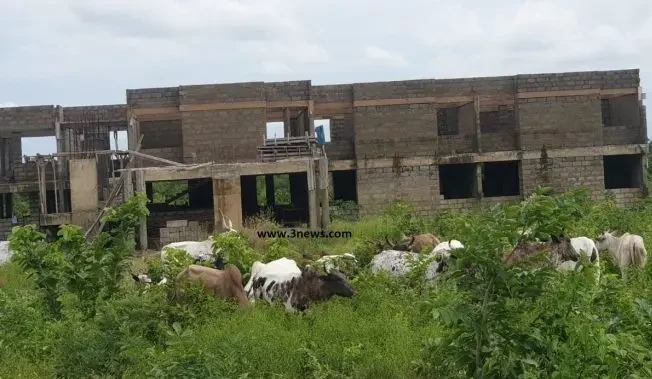VIDEO: Obinim sends last warning to Kennedy Agyapong for insulting him

The founder and leader of International God’s Way Church, Bishop Daniel Obinim has just sent a strong warning to Kennedy Ohene Agyapong, the member of parliament for Assin Central over his bad remarks about his church and its members.
According to Bishop Obinim, any time Kennedy Agyapong says something bad about him, something dreadful happens to him, yet he is not learning from his mistakes and keeps doing it.
Angel Obinim warned that the next time Kennedy Agyapong talks bad about him or his church, he will deal with him drastically to the extent that even the President of Ghana cannot save him.
Last month on Asempa FM, Kennedy Agyapong descended angrily on Bishop Obinim ad other fake pastors in the country and called on the government of Ghana to deal with them.
Kennedy Agyapong blamed Obinim and others like him as the major cause of Ghana’s problems and revealed that if he is to serve just one term as President of Ghana he will deal with them.
Kennedy Agyapong also described Obinim’s church members as fools for believing blindly in Obinim to extent of chewing his Obinim miraculous stickers.
Source: ghpage.com





